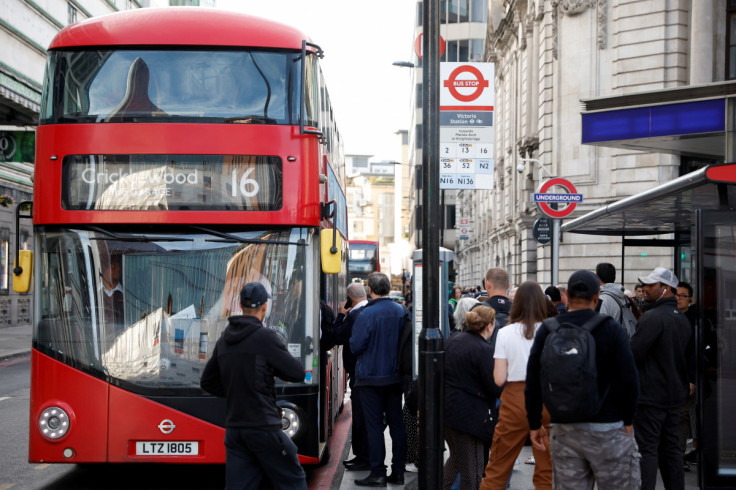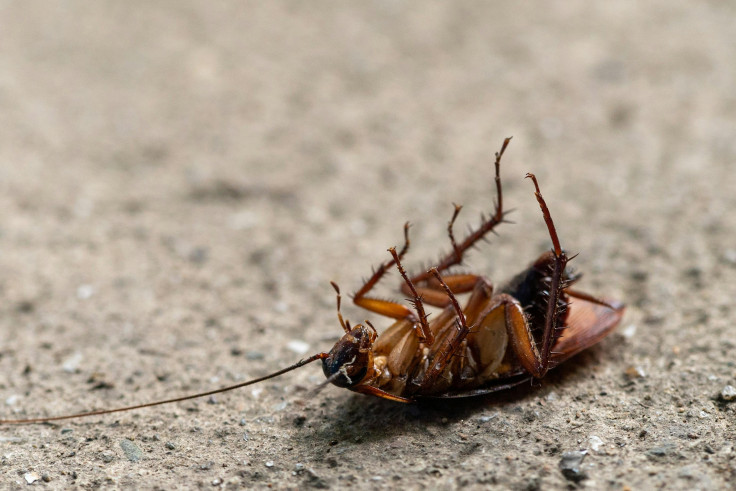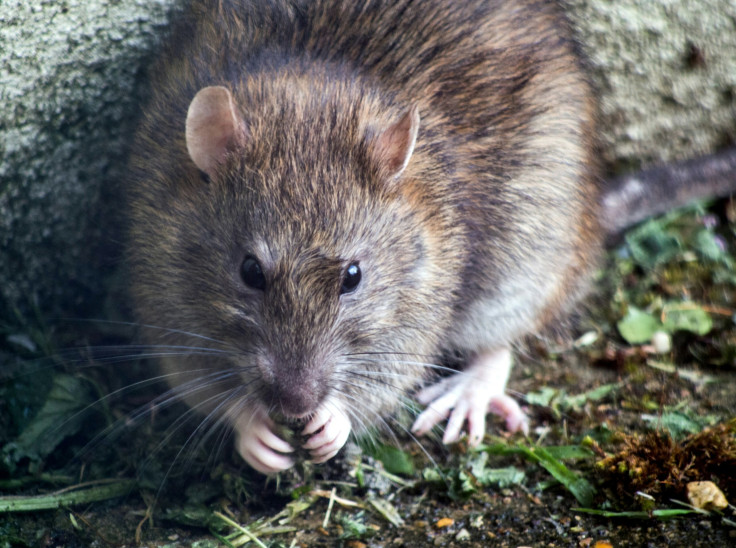After Giant Rats In UK, Now London Buses Are Infested With Roaches, Drivers Say - What's Going On?
In August, a 22-inch rat near to the size of a cat was found in a UK home.

London bus drivers have recently made alarming claims. According to reports, cockroaches have been spotted crawling on seats, hiding in floor crevices, and even turning up in a driver's drink.
Videos and images shared with BBC London show the insects inside buses and in rest-area food containers, prompting demands for urgent action. Drivers argue this is not an isolated hygiene lapse but a growing infestation that threatens health, morale, and public confidence.
Transport for London (TfL) insists such cases are rare and says it is investigating. However, with routes under scrutiny and protests planned, many ask: Is this a systemic failure or a minor lapse?
Drivers' Alarms and Evidence in Hand
London's transport workforce has long grappled with gruelling shifts and tight turnarounds. Now, many say those conditions are compounded by insect infestations. As campaigners from London Bus Forums (LBF) relay, multiple drivers report seeing cockroaches on buses and in staff rest areas, and have urged TfL to respond with 'swift, transparent and decisive action.'

In a particularly unsettling video filmed on 8 October, cockroaches are visible in a driver's food container within a rest area. On another route, a driver claims to have grabbed a drink, only to discover insects had invaded it. 'I went to take a sip from my drink and felt something in my mouth ... I spat it out and saw it was a cockroach. I felt sick and ended up vomiting.'
Routes flagged for repeated sightings include 159, 345, and 55, according to reports by Time Out and local media. These incidents, drivers say, are not one-offs but evidence of deeper hygienic breakdowns.
TfL's Response — Rare, but Taken Seriously?
Transport for London counters that their cleaning protocols remain robust: all buses are cleaned nightly, welfare facilities are cleaned multiple times daily, and the fleet is treated with long-term antibacterial agents. TfL added that they take every report seriously and can remove buses from service for inspection, deep cleaning, or treatment with specialist equipment.
A TfL spokesperson said, 'We take any report seriously ... we will take appropriate action ... such as taking buses out of service for inspection, deep cleans and treatment with specialist equipment if necessary.'
They also pledged that no employee who raises concerns over safety or welfare would face reprisals.
Despite those assurances, drivers and unions alike see inconsistency. Unite, the union representing many bus drivers, labelled the infestations 'completely unacceptable' and vowed to hold TfL and operators accountable until pest control is guaranteed.
The Stakes: Health, Trust, and Clean Governance
This issue is not merely about discomfort. Cockroach infestations raise public health questions, especially when insects reach food zones or driver cabins. This comes after some passengers made complaints about rats spotted in the London underground. Additionally, in August, a 22-inch rat was found in a UK home.

For staff who spend long hours in these environments, the psychological burden adds to physical strain.
According to reports, LBF plans a march on 5 November to press for the Bus Drivers Bill of Rights and safer conditions across the network. 'This is a public health issue affecting both staff and passengers,' LBF argues, adding that the problem is symptomatic of a broader failure to maintain safe, sanitary conditions.
If true, these sightings reveal vulnerabilities in oversight, contractor accountability, and hygiene standards across a vast fleet of over 8,700 buses operating on 675 routes.
© Copyright IBTimes 2025. All rights reserved.





















